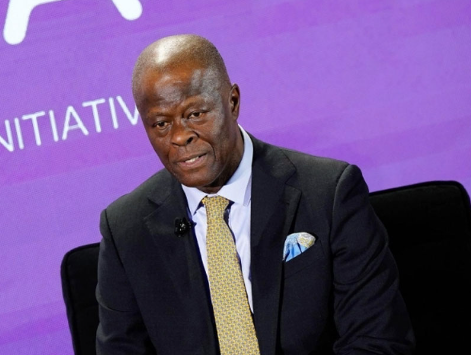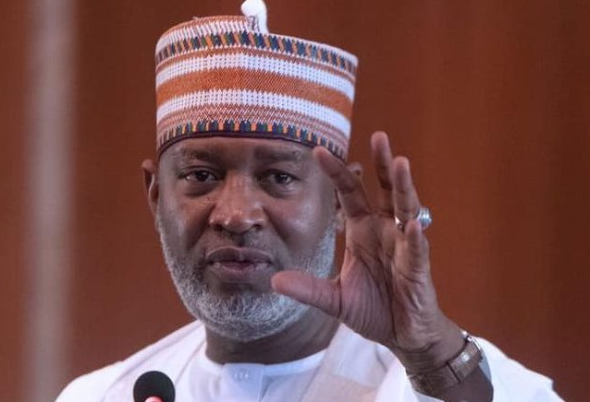By Helen Okechukwu, JKNMedia Reporter
DURING the recent International Monetary Fund Spring meeting in Washington DC, Nigeria’s Minister of Finance, Wale Edun, revealed a significant breakthrough for the nation’s economy.
A hefty $2.25 billion package from the World Bank was announced, offering a substantial lifetime for Nigerian’s financial landscape.
The funds, sanctioned by the World Bank’s Board of Directors, come with a favourable 10-to-20-year moratorium and a minimal 1% interest rate, as disclosed by Minister Edun during the briefing.
Describing the windfall as “the closest you can get to a free lunch,” Edun outlined a multifaceted approach to harnessing financial resources.
Diaspora remittances, foreign portfolio investments, and collaborative efforts with the international development partners are coted as key sources fueling this grant, Edun noted.
Moreover, the initiative includes the issuance of dollar-denominated securities, especially targeting Nigerians in the Diaspora and individuals with foreign-denominated savings within the country, aiming to stimulate foreign exchange inflows, he adds.
In tandem with monetary policy reform orchestrated by the Central Bank of Nigeria (CBN), Edun emphasized the collaborative measures taken by the government to bolster economy. Notably, Edun highlights the issuance of government securities as a pivotal strategy to attract foreign investment and alleviate inflationary pressures. The finance minister also said the concerted effort underscores the current government’s commitment to navigating economic challenges and fostering sustainable growth. With a targeted approach to financial management and strategic partnerships, the nation aims to fortify its economic resilience and mitigate inflationary risks, he remarked.





